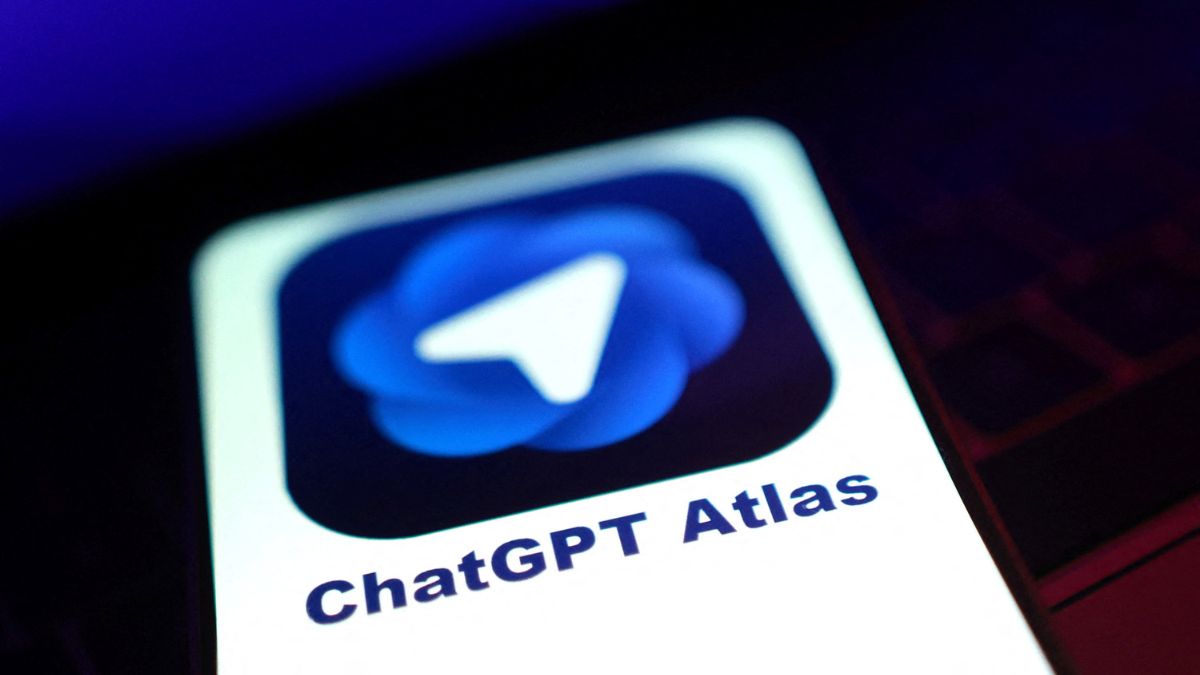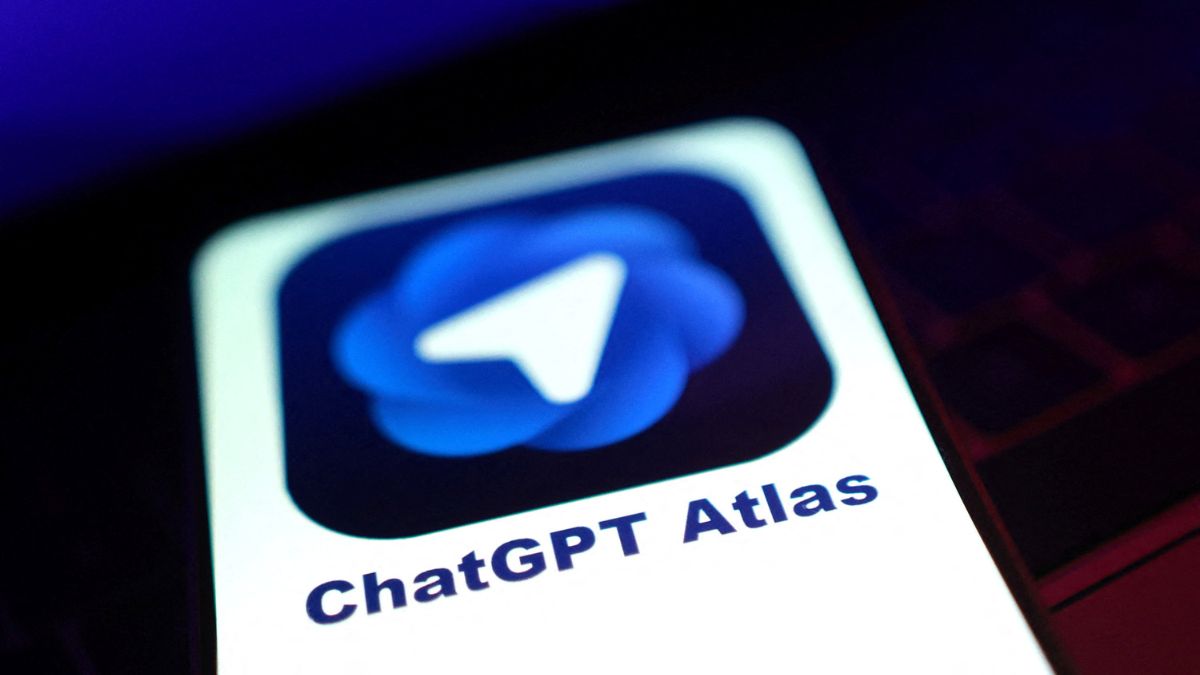People with advanced skin and lung cancers who received mRNA Covid-19 vaccines within 100 days of starting immunotherapy lived nearly twice as long as those who did not get vaccinated within this timeframe, according to a study.
An analysis of the records of around 1,000 people with advanced skin and lung cancers showed that those who received an mRNA Covid-19 vaccine within 100 days of starting drugs known as ‘immune checkpoint inhibitors’ lived nearly twice as long as those who did not get vaccinated within this period, according to an announcement at the European Society for Medical Oncology Congress in Berlin on Sunday.
A clinical trial is scheduled to begin by the end of this year to confirm the analysis.
The findings paint a hopeful picture of the promise of mRNA vaccines. Scientists have said the results suggest that a ‘master key’ in the form of an mRNA vaccine could one day be developed to awaken the immune response in everyone with cancer.
These “remarkable” findings indicate that mRNA vaccines could one day optimise this response, Dr Elias Sayour, a cancer specialist at the University of Florida’s College of Medicine, told New Scientist.
“Could we make a master key in the form of an mRNA vaccine that wakes up the immune response in everybody with cancer? You can imagine what the potential of that is,” said Sayour.
How Covid-19 vaccines help beat cancer
While the world largely became familiar with mRNA science through the development of Covid-19 vaccines, the underlying technology has wide-ranging applications in healthcare — from vaccines for various viruses to cancer treatments.
In this particular study, mRNA Covid-19 vaccines appear to trigger the immune system to ‘wake up’ and attack cancerous cells.
Ordinarily, the human immune system eliminates many cancers before they become problematic. However, some cancers develop the ability to suppress the immune response by exploiting ‘off switches’ on T-cells — the immune cells responsible for killing cancerous cells. One common off switch is a protein called PD-1, which becomes inactive when it binds to another protein called PD-L1.
Impact Shorts
More ShortsSome cancers deactivate PD-1 by producing large amounts of PD-L1 and binding the two. ‘Checkpoint inhibitors’ prevent PD-1 and other off switches from falling prey to this trickery. These inhibitors have significantly improved survival rates for lung and skin cancers.
The study presented in Berlin suggests that combining checkpoint inhibitors with vaccines that stimulate the immune system to attack tumours may be far more effective than either approach alone, according to New Scientist.
Beyond this specific mechanism, mRNA science has several other applications in cancer treatment, such as the development of personalised vaccines for individual patients. Ongoing trials by the Moderna and Merck have shown that a personalised mRNA cancer vaccine combined with immunotherapy could reduce the risk of recurrence or death by 49 per cent compared to immunotherapy alone.
There are also ‘immunostimulatory’ mRNA therapies that ‘heat up’ certain cancers inside the body that otherwise remain ‘cold’. In their cold state, these cancers evade detection by the immune system. But once immunostimulatory mRNA therapies turn these cold cancers hot, they become detectable and are targeted by the immune system.


)

)
)
)
)
)
)
)
)



